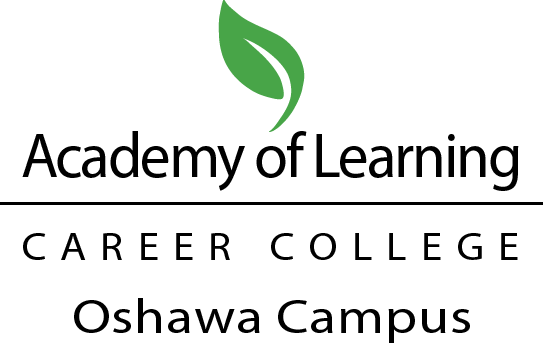
There are many benefits to earning an Accounting Diploma in Canada as opposed to a degree. A diploma is more affordable and time efficient, and it prioritizes real-world knowledge over theoretical knowledge. Helping you get ready for the actual world of employment is the main goal.
What professional possibilities will you have after graduation, though, is the crucial question. The truth is that having an accounting degree might make you eligible for a variety of positions with respectable pay that are growing quickly in Manitoba.
In this article, we outline the topics covered in an accounting diploma programme and provide information on three of the top job opportunities for recent graduates, including payroll administrator, accounts payable/receivable clerk, and accounting technician.
WHAT CAN YOU LEARN FROM AN ACCOUNTING DIPLOMA?
You can receive simplified training with an accounting diploma that is created to help you develop the abilities that employers look for in entry-level workers.
Most programmes are not very long. While earning a degree requires four years of dedication, an accounting diploma may be obtained in under a year. AOLCC’s Accounting Diploma Programs are very short term courses.
Typically, coursework includes instruction in:
- Generally Accepted Accounting Principles and Practices
- Microsoft Office software (especially working with formulas and functions in Excel)
- Popular accounting software programmes.
- Processing payroll and ensuring compliance
- Accounting math
You’ll be well prepared for in-demand accounting positions like those listed below once you’ve earned your diploma. The career opportunities after Accounting Diploma in Canada are listed below:
1. Accounting Technician- A typical entry-level position for recent grads is this one. Accounting professionals with more expertise supervise the work of accounting technicians. They are responsible for a variety of payroll and bookkeeping-related duties. Accounting technician job postings in Canada increased gigantically. Additionally, the provincial government predicts a 19% increase in employment in this sector between 2020 and 2025. You’re going to probably do a little bit of everything if you take on this role. Most frequently, accounting technicians are in charge of:
- Keeping the general ledger up to date
- Creating reconciliations and account summaries
- Payroll computation and processing
- Completing and sending tax remittance forms.
- Filling up individual or business tax returns
- Producing bills and handling payments
- Creating reports and financial statements
2. Accounts Receivable/Payable Clerk- The money that a business owes to its suppliers and vendors is the main focus of accounts payable clerks. Accounts receivable clerks handle the money that clients owe a business. For these two tasks, some businesses have different teams. They are frequently combined into one function in smaller businesses. An accounts payable clerk’s typical duties include:
- Checking invoices, statements, and purchase orders
- Matching up business credit card statements with expense reports
- Establishing and keeping up vendor files
- Organizing payments and processing vendor bills
- Managing and allocating small cash
An accounts receivable clerk performs the following duties:
- Creating and distributing invoices
- Matching up inventory and sales reports
- Contacting customers about past-due debts
- Crediting customer accounts with payments
- Making deposits into the bank and posting checks
Career outlook: Accounts payable/receivable clerks were ranked fifth on Randstad’s list of the top jobs in Canada for 2021 because of their role in managing business cash during the ambiguity of the pandemic. The government anticipates an 18% increase in job possibilities for these clerks until 2025.
3. Administrator of Payrolls- The task of ensuring that employees are paid correctly and on schedule falls on payroll administrators. To determine the pay and benefits to which each employee is entitled, they gather and validate data. They also make sure the business complies with payroll laws.
The following are typical tasks for payroll administrators:
- Compiling and keeping track of personnel data
- Verifying attendance and hours worked for each employee
- Compiling income (including pay for time off, bonuses, and commissions) and outgoings (including taxes, Canada Pension Plan contributions, and Employment Insurance premiums)
- Handling terminations and new recruits
- Creating tax slips, records of employment, and earnings statements
- Responding to inquiries from staff members and management
Career prospects: According to Randstad, one of the most sought-after accounting positions in Canada is that of payroll administrators.
DO YOU BELIEVE AN ACCOUNTING DIPLOMA IS FOR YOU?
Check out AOLCC, North York’s accelerated Best Accounting Diploma Programs in Canada.
It is finished in a relatively brief period of time. There are online courses.
Students receive thorough instruction in accounting and payroll software, protocols, and laws. They gain actual work experience as well.
To contact an admissions advisor live and to learn more about the accounting program, click here. We’re here to assist you!

